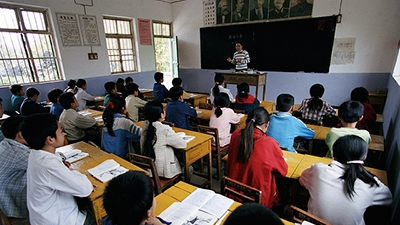Date: April 7, 2015
Time: 9:00AM EST
Themes: Planning, Finance and Governance
Speaker: Elena Glinskaya, Program Leader, China Mongolia and Korea, The World Bank
About the Course
China has undergone a remarkable transformation, with the movement of over 260 million migrants from rural to urban areas. These migrants have seized the opportunities offered by urbanization, leaving their agricultural jobs and taking up more productive and higher-paying jobs in cities. Through this process, China has managed to sustain high wage growth, achieve even higher productivity growth, and reduce poverty on an unprecedented scale. Driven largely by this rural-to-urban migration, China’s urban population is projected to reach 1 billion by 2030. The presentation will describe the overall vision for inclusive urbanization and rural-urban integration going forward, providing a picture of where China could be if the necessary reforms can be implemented successfully. The presentation will focus on reforms needed to ensure equitable access to social services in urban areas, starting with the shift from the hukou system to a modern residence system. The presentation will look at the current “urban standard” of social services in China’s urban areas (that is, education, health, pensions, social assistance, and welfare housing) by reviewing how services are financed and delivered as well as analyzing the cost of extending services to migrant populations. The presentation will then take a broader view of social policy reforms in China, discussing the need for rural-urban integration and equitable service delivery across the country. The presentation will also focus on reforms for ensuring an inclusive and productive labor market.
This series is based on the joint report by the World Bank and the Development Research Center of China’s State Council, Urban China: Toward Efficient, Inclusive and Sustainable Urbanization.

